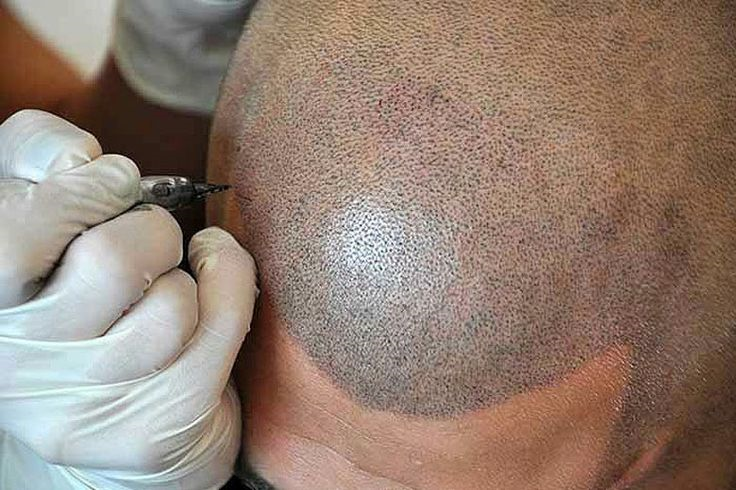Getting medicine work experience is one of the most valuable steps for any aspiring medical student. Whether you’ve spent a week shadowing a doctor, volunteered at a care home, or helped out at a local clinic, these experiences can show universities that you truly understand what life in medicine is like. But the real challenge comes afterwards—how do you turn those experiences into a powerful personal statement that stands out from the crowd?
Here’s a simple, beginner-friendly guide on how to turn your medicine work experience into personal statement gold.
1. Reflect, Don’t Just List
A common mistake many applicants make is simply listing what they did:
“I shadowed a cardiologist and saw patients in the ward.”
While that might sound impressive, it doesn’t show much about you. Instead of focusing only on what you did, talk about what you learned and how it shaped your understanding of medicine.
For example:
“Observing how the cardiologist communicated with patients taught me the importance of empathy and clear explanations, especially when discussing complex diagnoses.”
This approach highlights personal growth and insight—two key things universities want to see.
Tip: After writing about each experience, ask yourself, “What did I learn about medicine, and what did I learn about myself?”
2. Show Awareness of the Medical Profession
Medicine isn’t just about diagnosing and treating—it’s about teamwork, communication, resilience, and lifelong learning. Through your medicine work experience, you’ve likely seen doctors collaborating with nurses, handling stress, or adapting to unexpected challenges.
Admissions tutors want to see that you’ve gained a realistic view of the profession. If you’ve seen the emotional side of patient care or the pressure of long hours, it’s okay to mention that—as long as you frame it positively.
For example:
“During my week in the emergency department, I saw how unpredictable the workload could be. Despite the pressure, the staff’s teamwork inspired me and confirmed my interest in pursuing medicine.”
This shows you understand the demands of medicine and that your interest isn’t based on unrealistic expectations.
3. Use the STAR Technique to Add Structure
The STAR method (Situation, Task, Action, Result) is a helpful way to turn your experiences into short, meaningful stories.
-
Situation: Where were you and what was happening?
-
Task: What was your role, or what did you observe?
-
Action: What did you do or how did you respond?
-
Result: What did you learn or take away from it?
For example:
Situation: While volunteering at a care home, I noticed a resident who was anxious during mealtime.
Task: I decided to help comfort her and understand what was wrong.
Action: I spoke to her calmly and found out she was worried about taking her medication.
Result: I learned how communication can make a huge difference in patient care, even in small moments.
Using this structure helps your writing stay clear and reflective rather than vague or repetitive.
4. Connect Your Experience to Your Skills
Universities aren’t only interested in what you’ve done—they want to know what skills you’ve developed. Think about what your medicine work experience taught you about:
-
Empathy and communication: Did you interact with patients or see how doctors explained difficult news?
-
Teamwork: Did you notice how the medical staff supported one another?
-
Resilience: Did you witness challenges or emotional moments that tested your perspective?
-
Commitment: Did the experience strengthen your desire to study medicine?
For instance:
“Volunteering at a hospice helped me develop empathy and patience. I learned that listening to patients’ concerns is as important as treating their symptoms.”
Linking these experiences to key medical skills shows that you’ve grown in ways relevant to your future career.
5. Be Honest and Personal
You don’t need the most dramatic or high-profile work experience to write a strong personal statement. Even simple experiences—like talking to patients or observing routine check-ups—can be powerful if you describe them authentically.
Admissions tutors can easily spot exaggerated stories. It’s far more impressive to show genuine reflection on a real moment that shaped your perspective.
For example:
“While shadowing a GP, I realised how important trust is between doctor and patient. Watching patients open up about personal issues showed me that being a good doctor is about more than medical knowledge—it’s about compassion.”
Your honesty and sincerity will make your writing more engaging and believable.
6. Link Your Reflections to Your Motivation
Every story or reflection you include should connect back to why you want to study medicine. After describing an experience, add a short line about how it influenced your decision or deepened your motivation.
For example:
“Seeing how doctors balance compassion with professionalism reinforced my desire to study medicine and make a positive impact on people’s lives.”
These small links help create a clear narrative that flows from your experiences to your aspirations.
7. End on a Strong, Forward-Looking Note
Wrap up your personal statement with a confident conclusion that ties everything together. You might mention how your medicine work experience confirmed your career choice or how you’re eager to develop further during medical school.
For example:
“My experiences have shown me both the rewards and challenges of medicine, strengthening my commitment to becoming a doctor who provides care with both skill and empathy.”
A strong closing leaves a lasting impression and shows that you’re ready for the next step.
Final Thoughts
Turning your medicine work experience into personal statement gold is all about reflection, structure, and sincerity. Don’t worry if your experiences seem ordinary—what matters most is how you think about them. Every observation, conversation, or challenge can reveal something important about your motivation and character.
By showing what you learned, how you grew, and why it matters to your journey into medicine, you’ll transform your experiences into a personal statement that truly stands out.







0 Comments